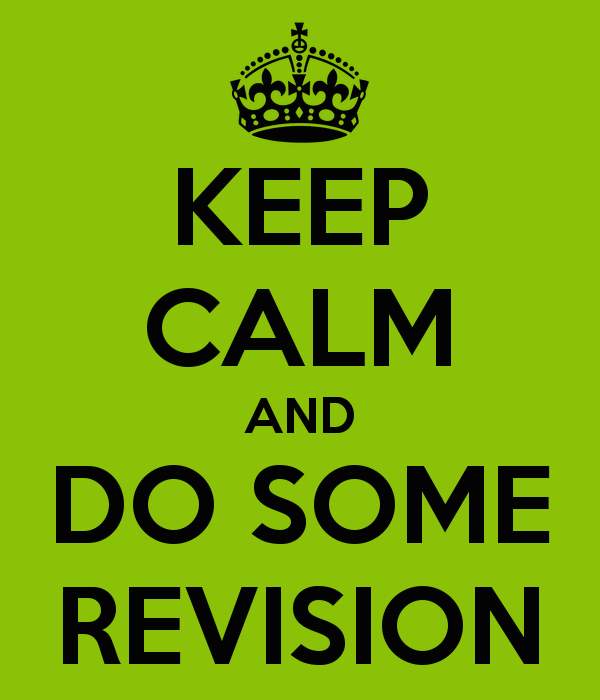Wanna be my Valentin?

Then you better learn how to spell ... and how to use whom while practicing good grammar. Grammarly found that American adults prefer grammar over confidence when it comes to a potential date. What? Who wants to date someone who can't spell hart (as in Valentine) correctly? Maybe he or she just typed in the wrong word, unless of course, you are a doe looking for love. Who makes the most mistakes in their online profile - women. Who uses more words - men. So why do you think that good grammar is more likely to help you win the heart of your future love?


